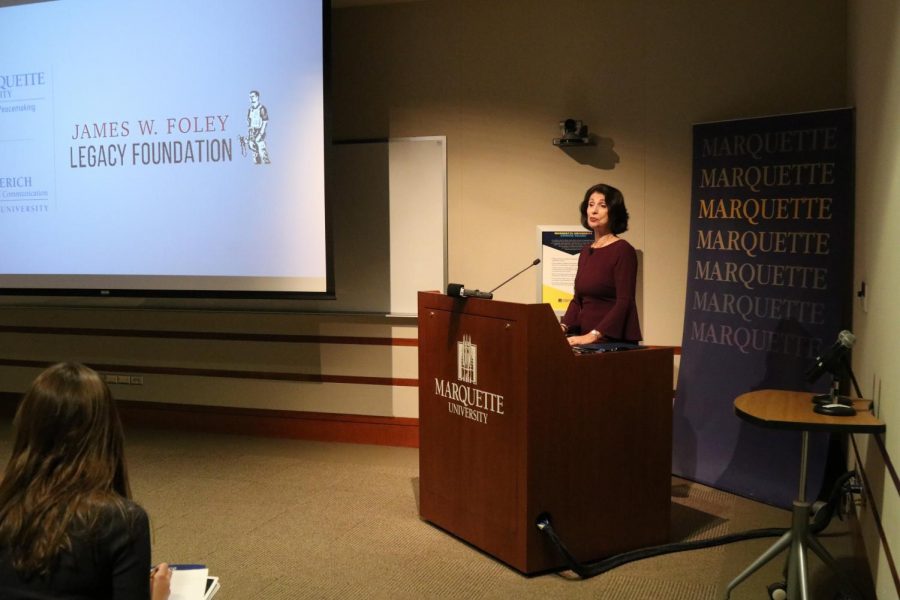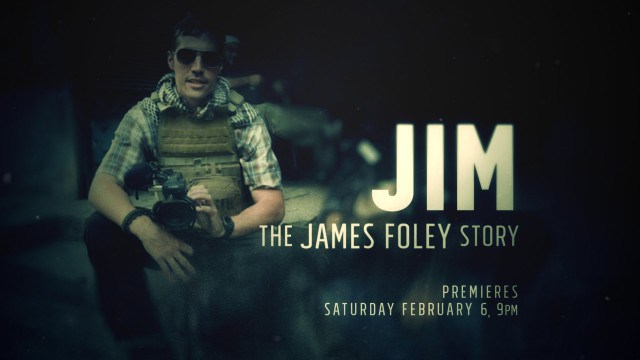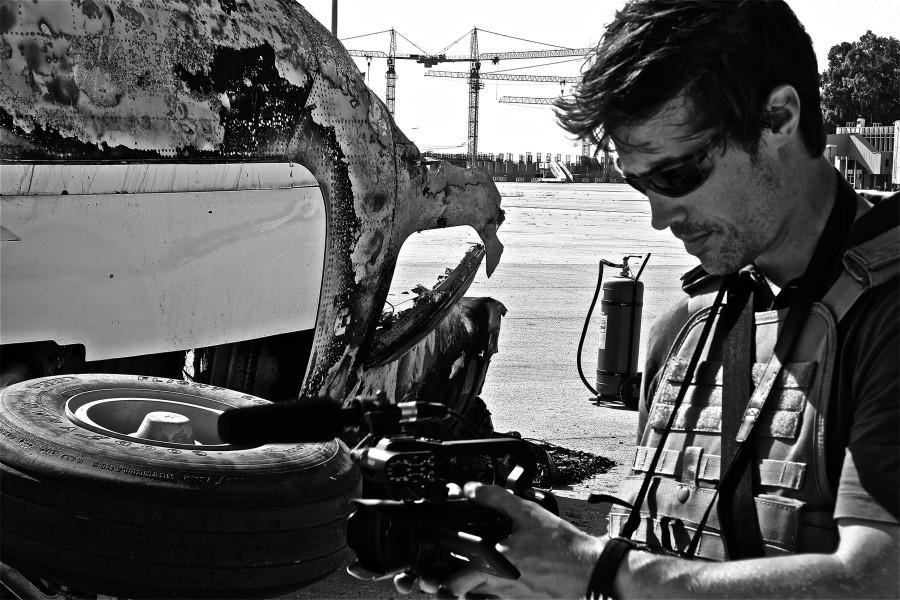
Scotland scored some major points in my book for doing the unusual and dignified.
On Aug. 20, 2009, the Scottish government released Lockerbie bomber Mohmed al-Megrahi on compassionate grounds amidst global criticism.
On Dec. 21, 1988, a Pan Am Flight from London to New York exploded 31,000 ft. over Lockerbie (in Scotland), 38 minutes after take-off from London.
Citizens of the United Kingdom and the U.S. felt the tragedy of the sudden death of 270 loved ones.
Like wounded lions, the globe’s superpowers prowled with a sense of vengeance in an attempt to bring to justice the perpetuator of the monstrous crime.
Three years after the attack, they had names. U.S. and British investigators indicted two Libyans, Mohmed al-Megrahi and Al Amin Khalifa Fhimah, on 270 counts of murder, conspiracy to murder and violation of Britain’s 1982 Aviation Security Act.
But extraditing them proved to be a patient hassle as Libya refused to hand over the suspects for trial.
This prompted a bombardment of sanctions from the United Nations.
In 1998, after six years of crippling sanctions, the Libyan leadership’s pigheadedness was finally humbled. The North African country agreed to a trial on a neutral ground.
After a series of intense dialogue and calls from some of the world’s most respected spokesmen including one of my personal heroes, Nelson Mandela, the suspects were given up for trial in 1999. The Netherlands was chosen as the site for the long-awaited trial.
In January 2001, 13 years after the initial attack, the suspects were finally sentenced.
Ali Mohmed al-Megrahi was found guilty of murder under Scottish law and sentenced to life in prison while his co-accused was acquitted and set free.
And for a moment it seemed like “sleeping dogs had been left to lie”— until October 2008, when the brain behind the Lockerbie bombing was diagnosed with advanced stage prostate cancer.
To many around the world, especially in the U.S., releasing al-Megrahi was out of the question, a bad joke not to be told even among drunk pals.
But the Scottish government damned the consequences and upheld morality.
So here are my questions: of what use is holding a man captive whose hour glass of life is fast emptying?
Of what use is allowing extreme torture of a man who is constantly haunted by his deeds?
Of what use is a terminally ill man to the prisons? Here is my answer — absolutely no use!
For those who denote this as a failure of justice, ponder this: What punishment could be worse than knowing your days are numbered?
If you come up with one, then I dare you to inject yourself with a lethal dose and watch the clock tick.
I urge you not to confuse my stance for insensitivity. Trust me, I have been there — I know all about death hymns, not as a sympathizer knows them, but as someone who has had to sing those hard lyrics at the funeral of a loved one on a rainy day amidst flowing tears.
Nothing alleviates the pain or fills the vacuum.
In the words of Mahatma Gandhi, “forgiveness is an attribute of the strong.” Scotland should be applauded and not chastised. If the West wishes to spread humane ideologies, it should be prepared to lead the way and make those hard decisions.
Food For Thought: It is in the middle of pain and passion that our principles are tested and not in the presence of song and wine.




